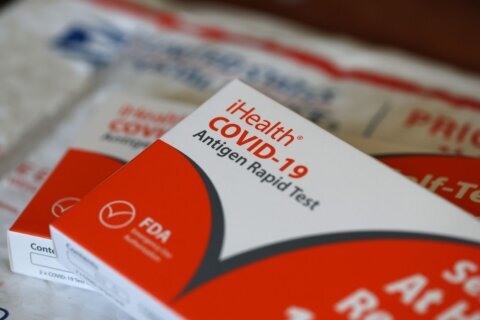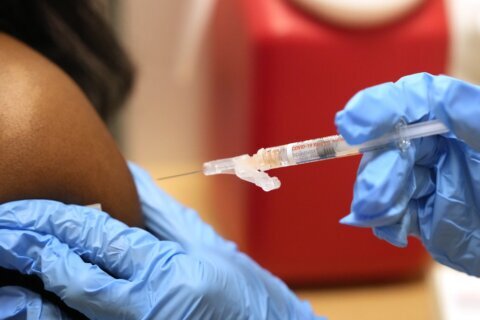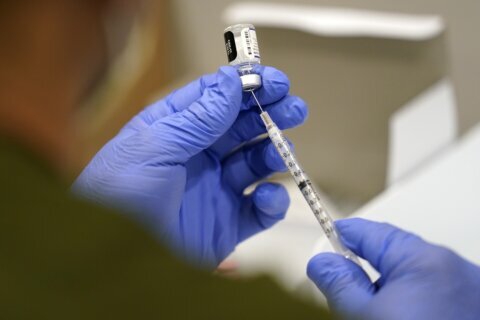Click here for updates on this story
CHAPEL HILL, North Carolina (WRAL) — With large gatherings and unauthorized parties leading to coronavirus clusters on campuses since last summer, college students have borne much of the criticism for spikes in cases in North Carolina and elsewhere. But now, those students have a chance to help the U.S. move forward.
Twenty universities nationwide, including the University of North Carolina at Chapel Hill, Wake Forest University and Winston-Salem State University, are part of the PreventCOVIDU study to determine how the virus is spread by people who are already vaccinated.
“As the vaccine is getting rolled out, there are still all these questions of, will it prevent transmission? What can I do? Can I still see my grandmother? Can I hang out with people who aren’t vaccinated?” said Audrey Pettifor, an epidemiologist in UNC-Chapel Hill’s Gillings School of Global Public Health. “Does it prevent you from getting asymptomatic infection, and also what does it mean for transmitting that asymptomatic infection to other people? So, that’s what we are trying to answer.”
Pettifor said the COVID-U study is looking to enroll 600 UNC-Chapel Hill students who haven’t already had COVID-19 and plan to be in the Chapel Hill area over the summer. Half will get the Moderna vaccine immediately, with the other half getting their shots in four months.
“Part of the reason we are choosing to look at students in this [is] because they have had such high levels of infection, which you need people to get infected to test if a vaccine is going to prevent infection,” she said. “They live in close quarters, [and] they socialize. So, all of those things are really good for studying this question.”
Throughout the study, participants will complete questionnaires through an electronic diary app, swab their noses daily and provide blood samples periodically. They will also be asked to get tested for coronavirus twice a week. Thousands of roommates and other close contacts will also be invited to take part in the trial to help investigators measure the spread of the virus.
The study, which is backed by the National Institute of Allergy and Infectious Disease, will help determine policy on issues such as wearing masks, distancing and traveling as more people become vaccinated.
“I think all of those things that we are itching to get back to have more of a sense of normalcy, hopefully, this will provide more answers,” Pettifor said.
Please note: This content carries a strict local market embargo. If you share the same market as the contributor of this article, you may not use it on any platform.







